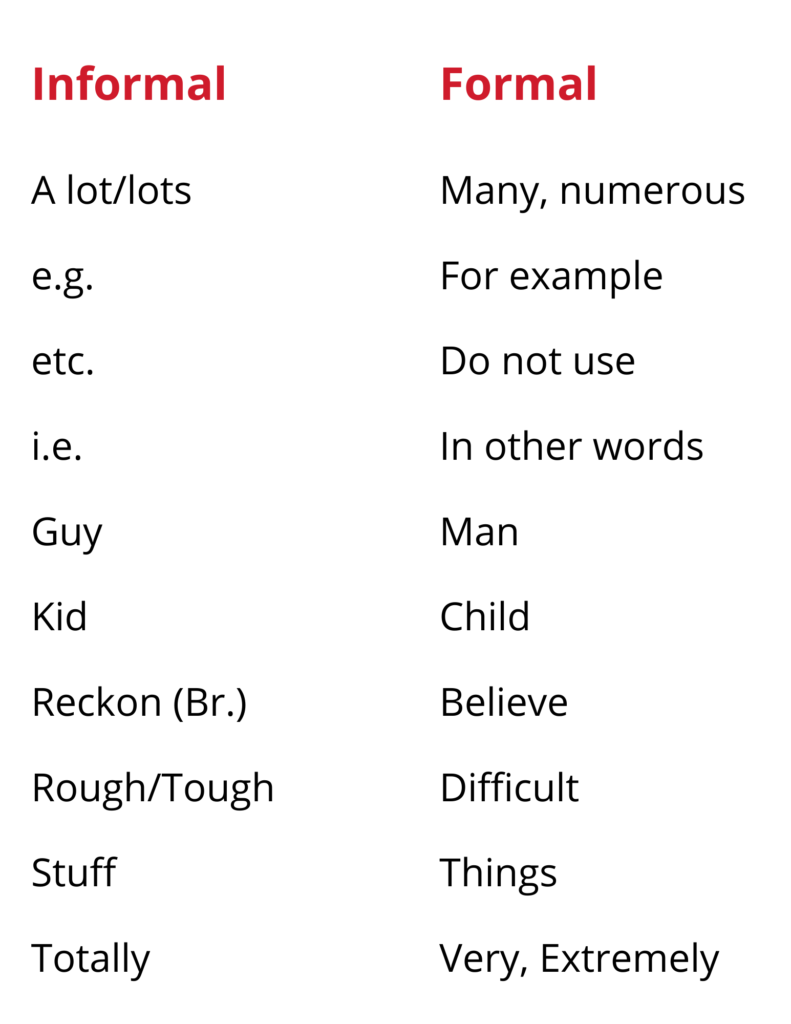
by Erica L. Meltzer | May 22, 2021 | ACT Reading, Blog, Phonics, Tutoring, Tutors
Image by GOLFX, Shutterstock
When Breaking the Code, the reading-instruction group I helped found in the summer of 2020, held its most recent workshop last week, I stuck an announcement in my newsletter almost as an afterthought. A test-prep tutor had participated in our previous workshop and seemed to have gotten a lot of out of it, and it occurred to me that others might be interested. Nevertheless, I was a bit taken aback at the number of inquiries I received from ACT tutors—more emails, incidentally, than I got from elementary-school teachers.
In retrospect, this should not have been at all surprising, but I guess that given all the current backlash over standardized testing, I neglected to realize how many students are still getting tutored for college-admissions exams, and how many tutors are encountering the exact same kinds of reading problems I repeatedly saw. The issues I discuss here do also apply to the SAT (and any other standardized test), but I’m focusing on the ACT here because it brings a set of specific issues into particularly sharp focus. (more…)

by Erica L. Meltzer | May 17, 2021 | Blog, IELTS
After reading a certain number of Band 6 #IELTS Task 2 essays, one (or rather I) can’t help but notice certain patterns. In particular, the persistent use of certain informal words, phrases, and abbreviations is quite striking.
I’m not the first person to point this out, or to post about it on the internet, but given sheer frequency with which they’re used, it’s clear that the message isn’t getting through.
So I decided to compile the greatest hits into one very short list.

Bottom line: if you stop using the informal terms, you’re taking a real step towards Band 7; if you keep on including them, expect your score to stay where it is. These are very high-frequency words and constructions, and they are relevant to pretty much any question you might be asked.
In fact, I would actually wager that it’s possible to accurately gauge, in only a few seconds, whether an essay has any chance of earning a 7 simply by scanning it for the terms in the left-hand column, plus standard punctuation, capitalization, and spacing.
Let’s look at a comparison: (more…)

by Erica L. Meltzer | May 13, 2021 | Blog, GMAT, Grammar (SAT & ACT), IELTS
Image by Charlotte May from Pexels
In theory, parallel structure is a relatively easy concept to master: it simply refers to the fact that items in a list, as well as constructions on either side of a conjunction such as and or but, should be kept in the same format (all nouns or all verbs).
In very simple sentences, e.g., I went to bed late but woke up early, this rule is generally quite simple to apply.
When sentences are long and contain a lot of information, however, things get a bit trickier. Keeping forms parallel requires the writer to keep track of and understand how words and phrases in different parts of a sentence relate to one another.
One very common issue involves the use of main verbs after modal verbs such as can, should, or might. As anyone who speaks English at a reasonably high level knows, main verbs are never conjugated in this construction, e.g., one would say it might work, not it might works. But when the two verbs are separated, there’s a common tendency forget about the first one and to stick an -s on the second.
This is an issue that appears in the writing of both native and non-native English speakers, but it’s particularly rampant in IELTS essays. It may also be tested in GMAT Sentence Corrections. (more…)

by Erica L. Meltzer | May 3, 2021 | Blog
When I was putting together my IELTS grammar guide, I read dozens of practice essays, primarily by students who had scored in Band 6 on previous exams. It quickly became apparent that many test-takers were struggling with similar grammatical concepts, and one of the most common ones involved the use of articles with a specific group of “quantity” words.
On one hand, this is entirely understandable: a(n) and the are notoriously tricky for people whose native languages do not use articles the way English does, and it is often not fully clear to them why these words even need to be used at all. As a result, they may not realize how omitting them can change the meaning of certain statements and/or make their English seem unnatural.
In everyday life, this is unlikely to seriously impede communication; however, in terms of the IELTS—and particularly IELTS Writing—it can create real problems. Phrases involving words like majority and number are relevant to most IELTS Task essay questions (Task 2 as well as Task 1 Academic Training) and may need to be used multiple times within a given response. Furthermore, these terms are frequently used in introductions, and errors there can subtly influence a reader’s impression of an entire essay—a poor first impression can be hard to counteract.
So that said, here is what you need to know. (more…)

by Erica L. Meltzer | Apr 30, 2021 | Blog, ESL, IELTS
Over the past several months, I’ve read an enormous number of essays written by non-native English speakers, and in addition to the expected difficulties, I’ve noticed a handful of recurring issues that rarely get addressed — I suspect because most native English speakers don’t realize that the particular concepts in question can get confused in those particular ways.
One of the most common of these issues is the confusion between the simple present and the conditional, and more specifically between can and could.
Errors involving these forms are often fairly subtle; they’re not absolutely wrong in the same black-and-white way as errors involving, say, confusion between the present perfect and the simple past (e.g., I have graduated from university last year rather than I graduated from university last year), and I think that’s also why they tend to get missed. Using could correctly is often more about implication and context than adhering to a clear-cut rule, which is why even very advanced speakers may still struggle with it. (more…)

by Erica L. Meltzer | Apr 28, 2021 | Blog
If you’re studying for the IELTS, you’re probably aware that obtaining a high score in Writing tends to be more difficult than obtaining a high score in Listening, Reading, or Speaking. In fact, it is common for Writing scores to be lower than the others by a full band, sometimes more. The statistics kept by the British Council indicate that this pattern holds true across countries and native languages, including English.
In many cases, candidates score in the 8-9 range without too much trouble in Listening and Reading, and often above 7 in Speaking, but then find themselves stuck—sometimes repeatedly—at 6 or 6.5 in Writing.
This is not entirely surprising. Expressing oneself in a foreign language generally is more challenging than understanding one, and unlike in speaking, tone of voice and facial expressions cannot be used to convey or support written meaning—if a person doesn’t say precisely what they mean, the reader will become confused. (more…)






